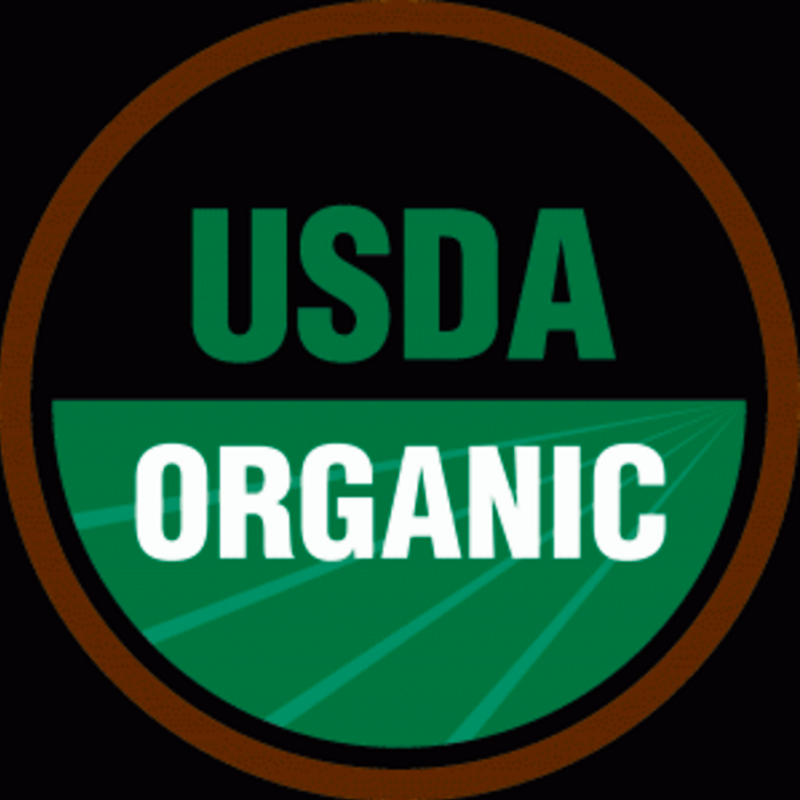Last June [2016] Stephanie Strom, reporting for the New York Times, broke the story about how Whole Foods had upset organic farmers with their new Responsibly Grown (RG) program.
…
Recently released emails obtained from a freedom of information act request detailed some of the behind-the-scenes panic Strom’s article created. One of the organic farmers featured in the piece highly critical of the RG program, Tom Willey, turns out to be a good friend of organic researcher Charles Benbrook. “The NYT [New York Times] story, and its various wripple[sic] effects, will have impacts no one can imagine,” Benbrook wrote in an email to Whole Foods and the farmers involved….
[Read the GLP’s profile on Charles Benbrook here.]
A former Washington State University researcher, Charles Benbrook has been in the news recently for promising an Australian organic industry leader that he could “ramrod” through research to question the safety of biotech crops.
These emails demonstrate just another battle in the ever growing organic civil war between those who just want to promote the label and those who wish to make global changes to the food supply.
No longer is the organic movement about promoting its own certification. With the demonization of modern agriculture through propaganda videos, mandatory seed breeding labels, and poorly done research studies; the organic industry has essentially declared war on high yield and low input agriculture.
The GLP aggregated and excerpted this blog/article to reflect the diversity of news, opinion, and analysis. Read full, original post: Emails Reveal Why Whole Foods Lowered The Bar For Organic Farming Environmental Standards































